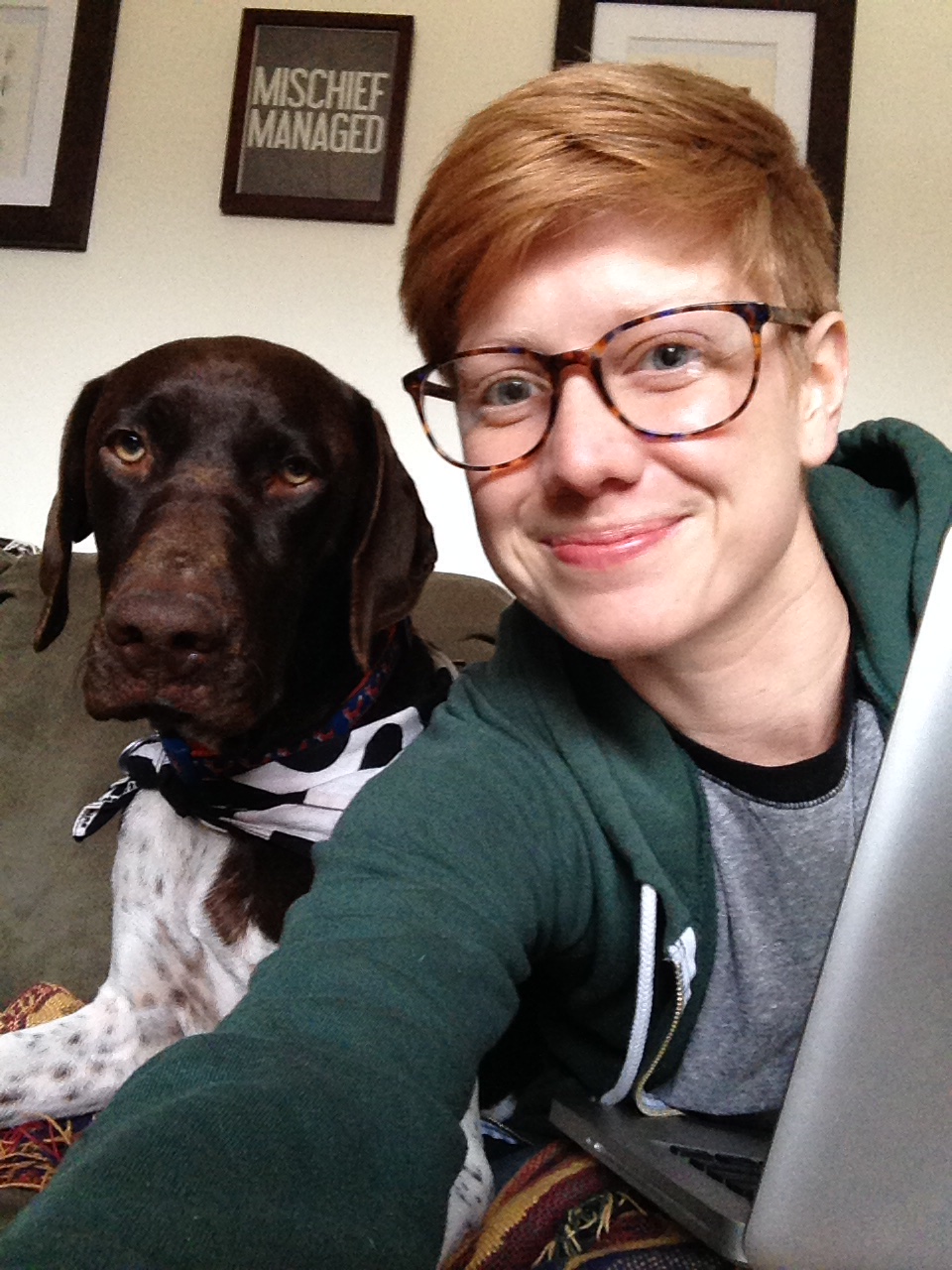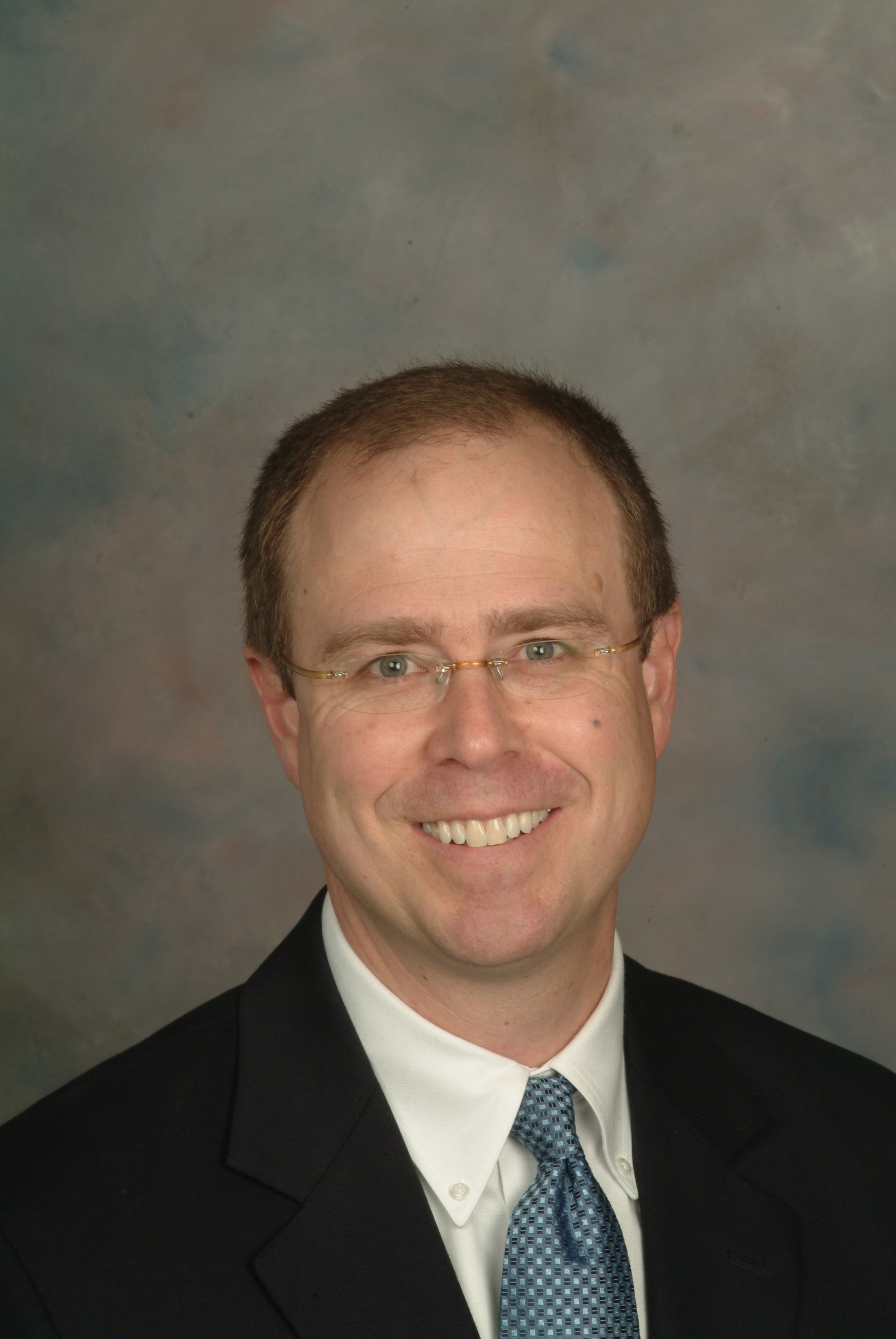Student’s motion in Hall v. KU case trumpets ‘academic transparency’
The Kansas University student trying to obtain a business teacher’s emails has submitted a formal motion in the lawsuit over her records request, urging the court to let her have the documents.
Schuyler Kraus, president of the group Students for a Sustainable Future, argues that Douglas County District Court should withdraw the temporary restraining order that’s preventing KU from releasing the emails of business lecturer Art Hall. Her group paid KU $1,800 to fulfill an open records request last fall and received some of what they wanted, but Hall sued the university and the court blocked KU from handing over his emails.

Schuyler Kraus is a KU senior and president of a student group that is attempting to uncover how the billionaire Koch brothers influence KU.

Art Hall, KU School of Business
Kraus’ arguments for why Hall’s emails should be released mirror those previously given by KU. She says in her filing that as a public employee, Hall and his emails are subject to the Kansas Open Records Act and that releasing them would not violate his academic freedom.
Kraus also makes another argument: Releasing the requested documents will promote her academic freedom.
“The students are questioning the academic world they are now a part of; they are examining and analyzing the messages they receive; and, they are trying to gain an understanding of the perspectives of those who teach them,” says a memo Students for a Sustainable Future sent to media outlets, to accompany the memorandum Kraus submitted to the court on Tuesday, through her attorney, David Brown.
In addition to KU, Kraus is now a party in the lawsuit, Brown said.
Hall is founding executive director of the Center for Applied Economics, a public policy think-tank within KU’s School of Business, and has authored numerous publications on its behalf. Previously Hall was chief economist for the Public Sector Group of Koch Industries Inc.
In his Dec. 4, 2014, lawsuit, Hall said KU should not release his emails because correspondence is related to matters that are privately rather than publicly funded — he says his position is “self-funded,” reliant on fundraising to maintain it — and also that releasing the correspondence violates his right to academic freedom, in fact creating a “chilling effect” on academia as a whole.
Hall’s position at KU is 86 percent privately funded.
Hall’s salary for the 2014-2015 school year is $111,312, according to the KU Operating Budget for the year. Seventy two percent of his salary for this academic year is being paid from tuition and 28 percent is from private funds, according to the School of Business finance office.
Students for a Sustainable Future is one of a network of groups nationwide attempting to investigate the influence that Charles and David Koch, conservative activist billionaires who own Wichita-based Koch Industries, and their money have on academia.
“The goal is simply ‘academic transparency’ to allow students and the public the right and ability to evaluate the lessons Plaintiff (Hall) teaches,” Kraus said in her court motion. “The actual content of Plaintiff’s lessons is well known, his classes are open and he regularly lectures and publishes. The academic question is whether Plaintiff is speaking for himself or promoting an agenda, and possibly profiting, by or for, some outside source.”
Previous coverage
- Feb. 9, 2015: KU, students answer lawsuit by business school teacher formerly employed by Koch
- Dec. 4, 2014: Under scrutiny for Koch connection, KU director sues over records; judge blocks release
- Dec. 3, 2014: Students receive part of $1,800 records request seeking Kochs’ influence on hiring at KU
- Sept. 23, 2014: KU students raise funds to pay for records request







